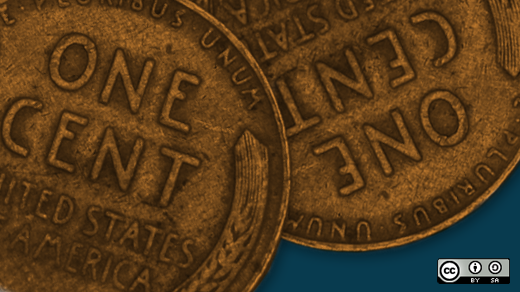Sunglass, a platform for collaborating on 3D projects in real time, and DIYRockets, a global space company helping humanity establish a civilazation in space by building an open space frontier, are partnering in an effort to build rocket engines.
Their hope is to promote making things that matter through open source means, and in particular, rockets that can transport nano-satellites. To encourage participation, they are sponsoring a 3D rocket engine building competition, with a top cash prize of $5000.
The goal of the project is:
...to promote innovation and cost effectiveness in small payload delivery through the development of open source collaboratively designed 3D printed rocket engines. This competition focuses on promoting innovation and lowering costs through the collaborative design process, understanding the business cases, and exploring the possibilities of 3D printing for the space industry.
Learn more about the registration and competition deadlines on their website.
Do you think this is a good idea?
Does the quality of work resulting from projects like these warrant the size of the prize? How is open source impacting this project and why does that matter? What ways do you think the open source movement can encourage more STEM collaboration?
If you get involved with a team or know someone who has entered, we'd love to hear about it!







5 Comments